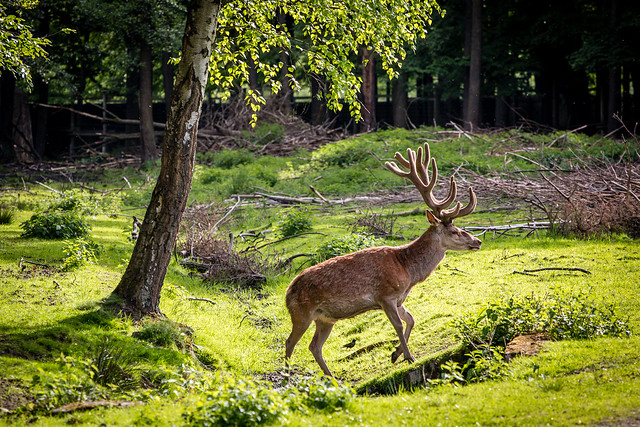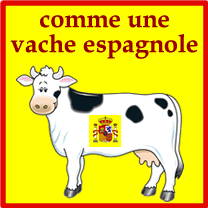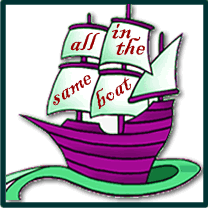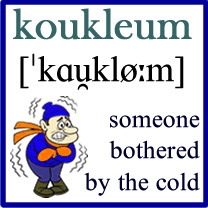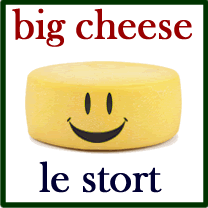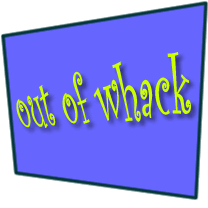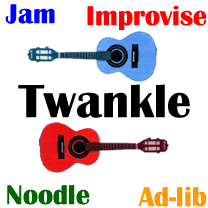The Dutch word onderrichten [ˌɔn.dərˈrɪx.tə(n)] means to teach, instruct or educate. It comes from onder (under-, sub-, lower) and richten (to direct, aim) [source]. So you could say that education in Dutch involves supporting and directing students.
Another Dutch word meaning to teach or educate is onderwijzen [ˌɔn.dərˈʋɛi̯.zə(n)], which comes from onder and wijzen (to point, indicate, direct) [source] – so it has a similiar sense to onderrichten.
An onderwijzer or onderwijzeres is a teacher in a primary / elementary school (lagere school / basisschool) and they provide onderwijs (education, teaching), or more specifically, basisonderwijs (primary / elementary education). A word for to teach is onderwijzen.
A teacher in a secondary school (middelbare school) is a leraar or lerares, they leren (teach) and they might be found in a leraarskamer / lerarenkamer (staffroom).
Other words for education are opleiding and opvoeding. Opleiding means education, training or a programme, and comes from opleiden (to lead up; to bring up, educate; to coach, train), from op (up) and leiden (to lead) [source].
Opvoeding means education (at home), upbringing, raising (children) and comes from opvoeden (to raise, to bring up (a child)), from op (up) and voeden (to feed) [source].
The English word education comes from the Middle French éducation (education, upbringing), from Latin ēducātiō (breeding, bringing up, rearing), from ēdūcō (I lead, draw, take out, raise up), from ex (out, away, up) and dūcō (I lead, guide, conduct) [source]. So it has a similar meaning to onderrichten and onderwijzen.
The English words teacher and teach come from the Old English tǣċan (to show, declare, demonstrate; teach, instruct, train), from the Proto-Germanic *taikijaną (to show), from the Proto-Indo-European *deyḱ- (to show) [source].
Thanks to Anna Rutten for inspiring this post


